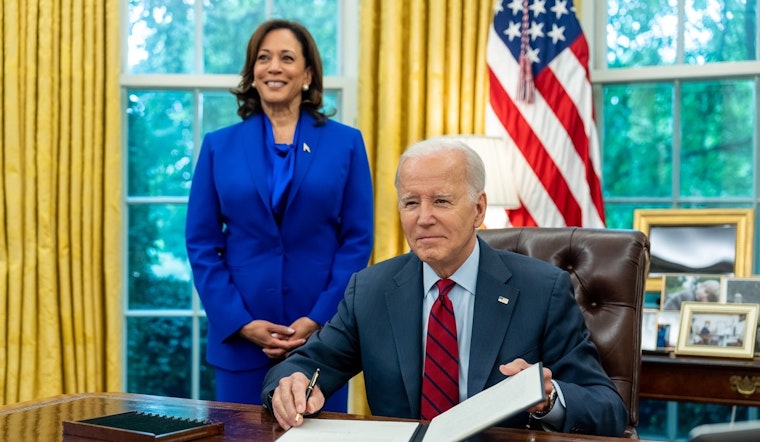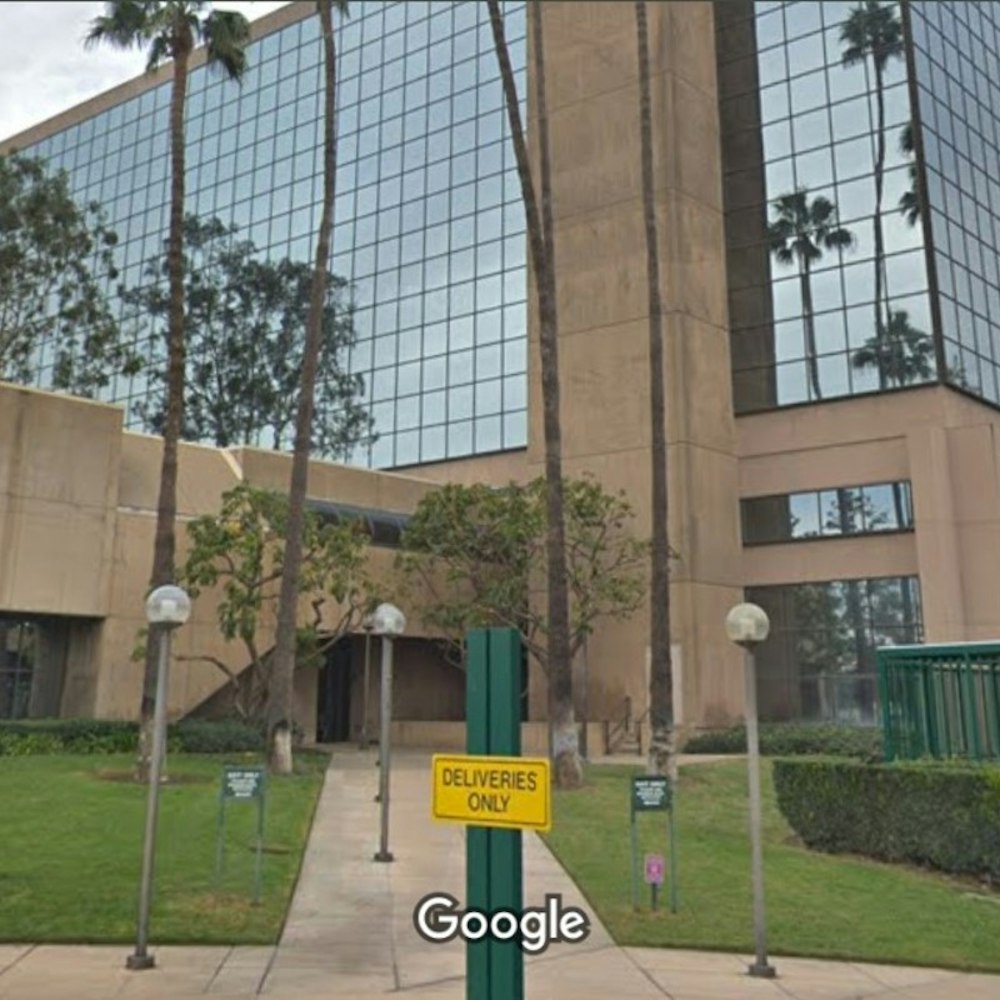
In a major push to revamp America's industrial might, the Biden-Harris Administration, through the U.S. Department of Energy (DOE), has unveiled an ambitious plan to inject up to $6 billion into transforming the nation's industrial sector. The funding, aimed at cutting greenhouse gas emissions and strengthening domestic manufacturing, counts amongst its goals the preservation of thousands of union jobs and the revitalization of industrial communities.
The money, derived from President Biden's Bipartisan Infrastructure Law and Inflation Reduction Act, will target more than 20 states and bankroll 33 projects. Intending to cut emissions from high-emitting industries like metals, cement, and chemicals, these initiatives are projected to ax the CO2 approximately equal to 3 million gas guzzling cars a year, the DOE reported. Yet, despite the grand scale of investment, the DOE has clarified that selection for award negotiations is no guarantee of funding, and undergoing a negotiation process, the DOE may pull the plug at any time.
"Thanks to President Biden’s industrial strategy, DOE is making the largest investment in industrial decarbonization in the history of the United States," Energy Secretary Jennifer M. Granholm told the DOE. At the heart of the initiative is the reduction of emissions from sectors that are traditionally difficult to decarbonize, ensuring that U.S. businesses and workers remain a stride ahead in the clean energy global race.
The plan also has its sights beyond environmental impacts, positioning itself as an endeavor to create and maintain tens of thousands of high-quality jobs—particularly benefiting worker organizing and collective bargaining. Coinciding with the administration's Justice40 Initiative nearly 80% of these projects are slated for disadvantaged communities, claims to be targeting regions long neglected and disproportionately affected by industrial pollution.
According to the DOE's announcement, the funding is set to leverage over $20 billion total to pilot commercial-scale decarbonization solutions critical to the goal of net-zero emissions. With projects spread across various industries, such as the first clean hydrogen-fueled ironmaking facilities to the deployment of novel technologies in the pulp and paper sector, the horizon for American industry is on the brink of substantial change.
The DOE also stressed the importance of an inclusive clean energy future. To ensure the equitable distribution of this future's benefits, each project is obliged to develop a Community Benefits Plan informed by significant community and labor engagement. In an effort to promote ongoing dialogue around these transformational projects, DOE's Office of Clean Energy Demonstrations (OCED) is setting up national and regional virtual briefings to discuss strategies and engagement opportunities, encouraging regional stakeholder participation, a DOE release detailed.









